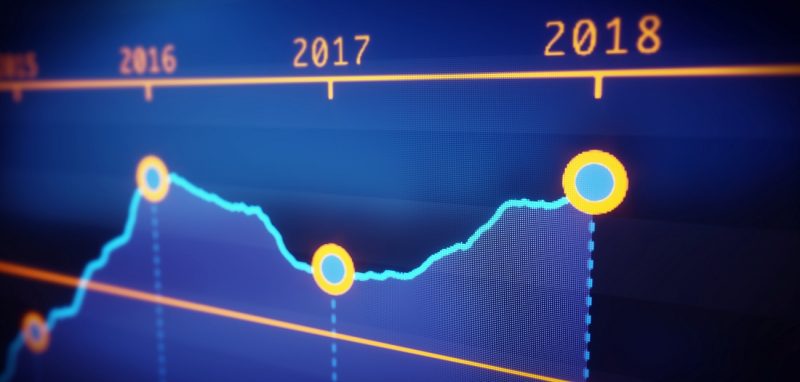Home prices are rising and making homeowners richer. But the number of home equity lines of credit are barely budging.
The overall equity that was tapped in the first quarter of this year was 1.17 percent, the lowest amount in four years, according to Black Knight, a mortgage software and analytics firm.
Many homeowners may not realize how rich in equity they really are. “I think the typical American doesn’t have that level of awareness; they’re not probably studying the numbers,” Ben Graboske, executive vice president of Black Knight’s Data & Analytics division, told CNBC.
The amount of tappable equity rose by 7 percent in the first quarter of this year compared to the previous quarter, according to a new report from Black Knight. That marks the largest single quarter increase since Black Knight began tracking such data in 2005. Collective equity is up 16.5 percent compared to a year ago. Black Knight computes the collective amount of tappable equity by taking the appraised value of a home minus the 20 percent most lenders require borrowers to keep as a safety net.
Homeowners have a collective $5.8 trillion in tappable equity, which is 16 percent higher than the last home price peak in 2006, according to Black Knight. The average homeowner with a mortgage has seen an increase of $14,700 in tappable equity over the past year and has $113,900 available to draw, according to the report.
HELOCs have variable interest rates, and that may be one thing spooking homeowners from drawing from their equity. For owners who do take equity out, they’re more likely to use cash-out refinances and not HELOCs. Those tend to carry higher interest rates but they don’t have a variable rate of HELOCs.
“Who wants uncertainty when it comes to monthly finances,” Graboske said to CNBC. “I think a lot of Americans look at, what are my payments? What is my income coming in and what are my payments going out? They want certainty that they can cover their costs and not worry about it.”
Source:
“Homeowners Are Sitting on a Record Amount of Cash—and Not Tapping It,” CNBC (July 9, 2018)













